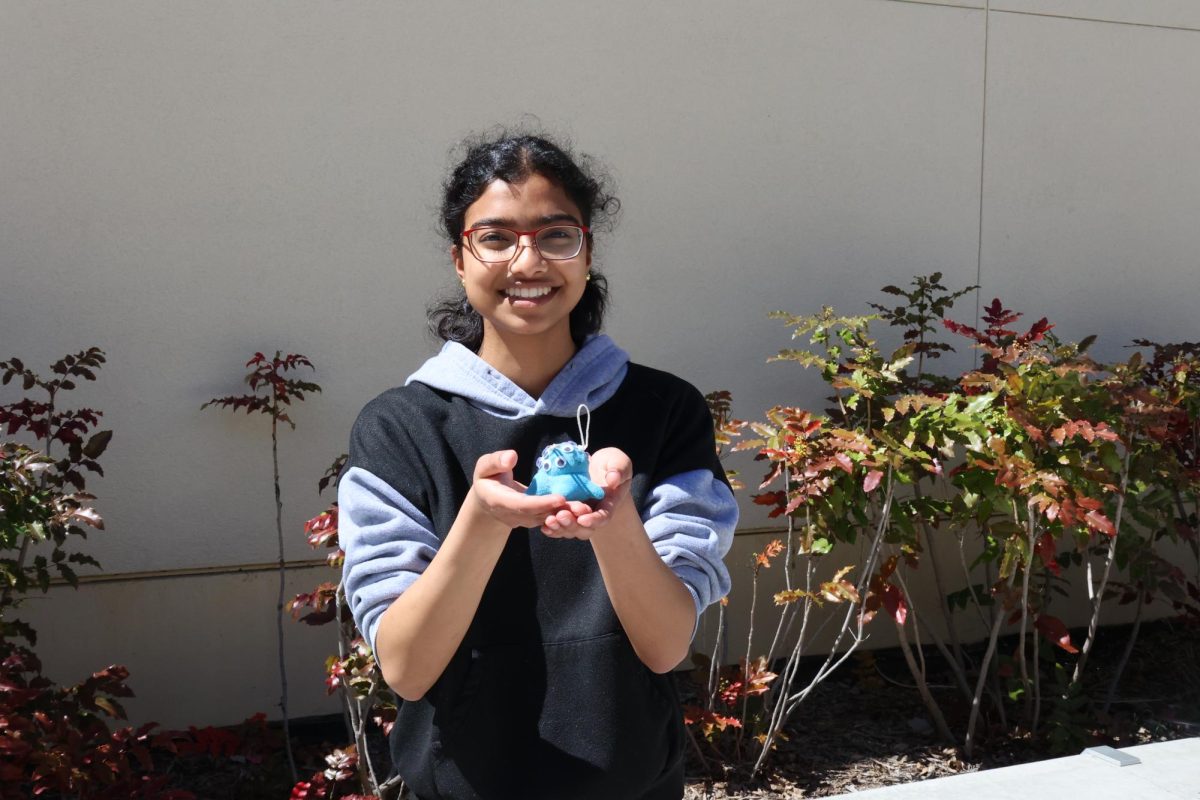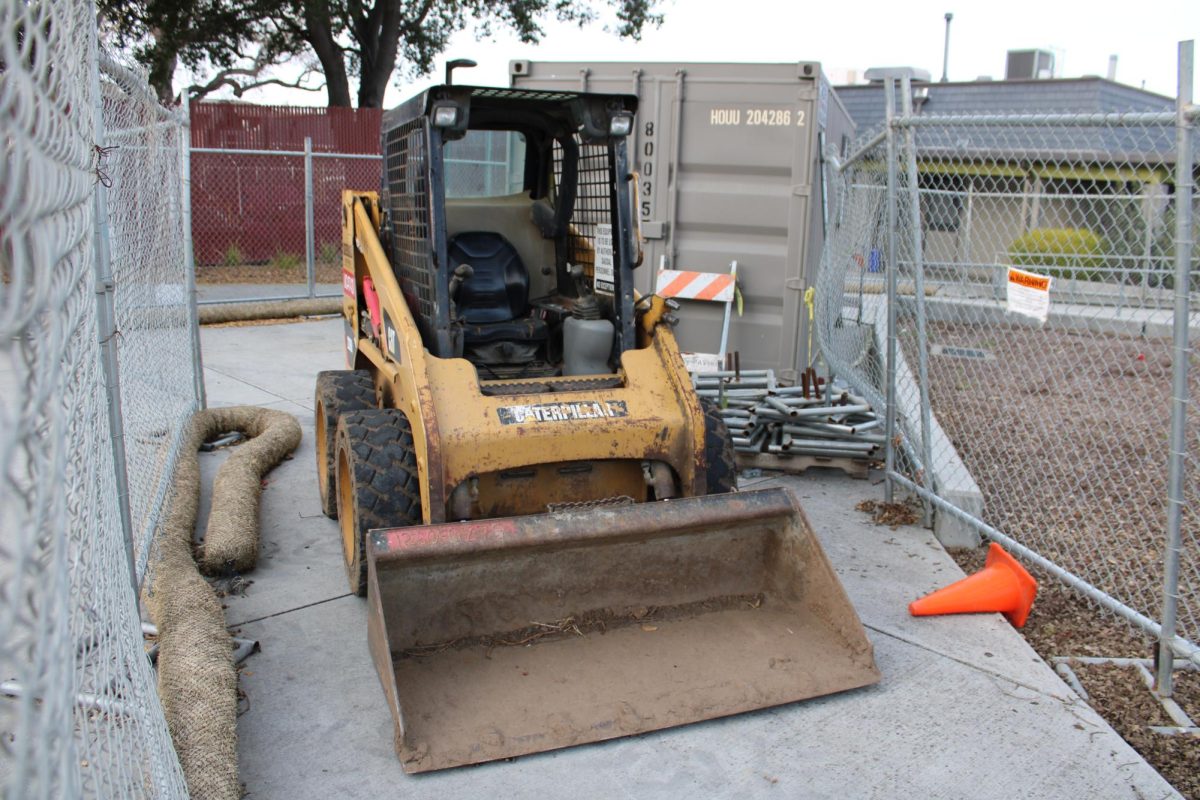On Aug. 7, PAUSD implemented a new mental health program for staff, allowing them to schedule counseling appointments with new Staff Mental Health Specialist Lisa Romero to discuss work-related or personal matters. This addition comes on the heels of a continued focus on mental health through the district’s PAUSD Promise framework.
According to PAUSD Director of Mental Health and Wellness Dawn Yoshinaga, Romero provides more direct therapy for staff. “When you’re in your most vulnerable state, you can’t think straight when you’re online and there’s so many clicks to get to the right place,” Yoshinaga said. “(Romero) has a calendar that’s available, and staff can immediately schedule something.”
The appointments themselves can take place online or in person. “As a staff mental health specialist, I conduct either a 20-minute phone call or a 45-minute in-person or video session to address mental health concerns, offer resources and assist staff to begin the therapy process,” Romero said. “We create a safe space for discussing work-related or personal issues.”
These new counseling sessions, however, are meant to guide staff to psychological treatment and don’t function as long-term therapy options. “(Romero) is there to support you to get to that (long-term) care,” Yoshinaga said.
The district offers other mental health services that include counseling sessions through teachers’ insurance providers and free access to Care Solace, an online service that helps individuals access mental health counseling programs. However, district leaders and educators collectively agreed that these services were unable to sufficiently support PAUSD employees due to their complicated and often-delayed scheduling process. “We have an employee-assistance program where employees can get eight free (counseling) sessions through their insurance, but we want to support staff right where they are,” Yoshinaga said.
This shift reflects the district’s commitment to addressing staff mental health after a stressful era of online school. “(The pandemic) took a toll (on staff), just like it did on our students and our families,” Yoshinaga said. “Now is the time where we want to put our money where our mouth is and provide therapy options for staff.”






















